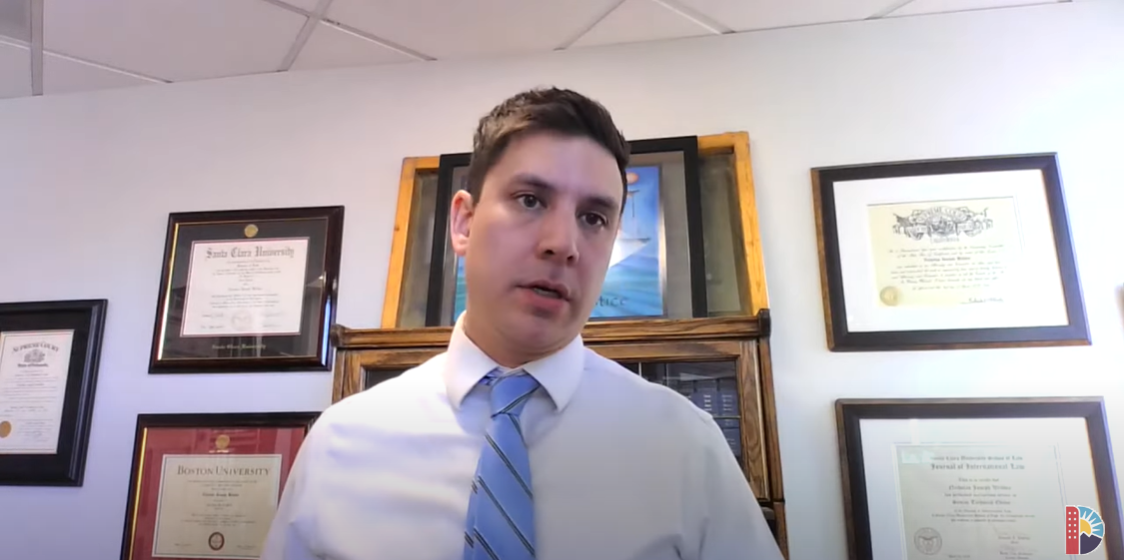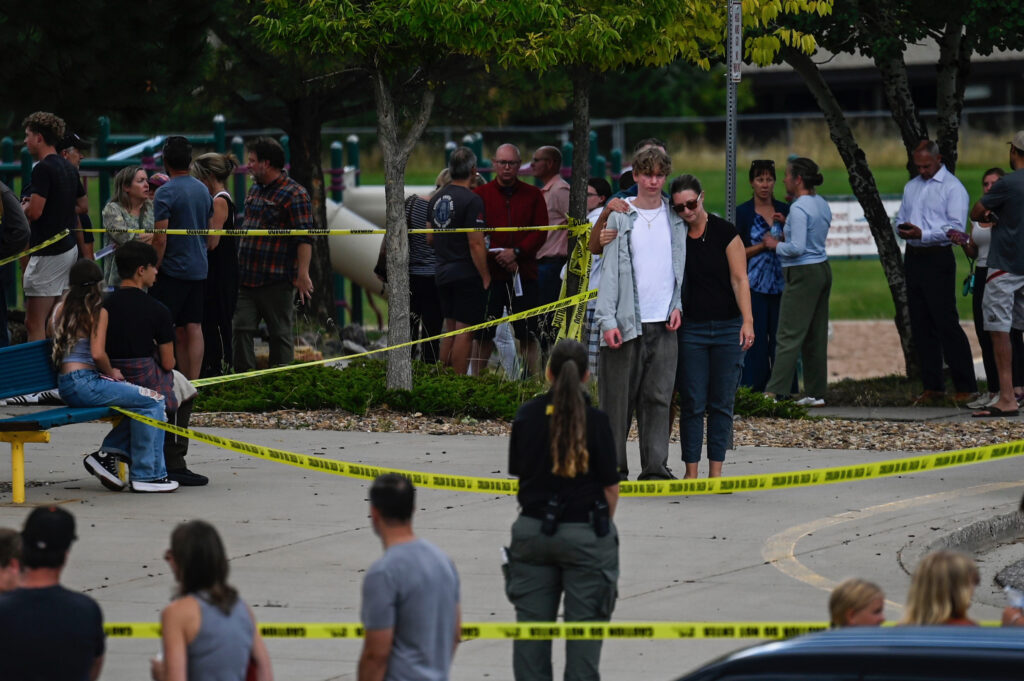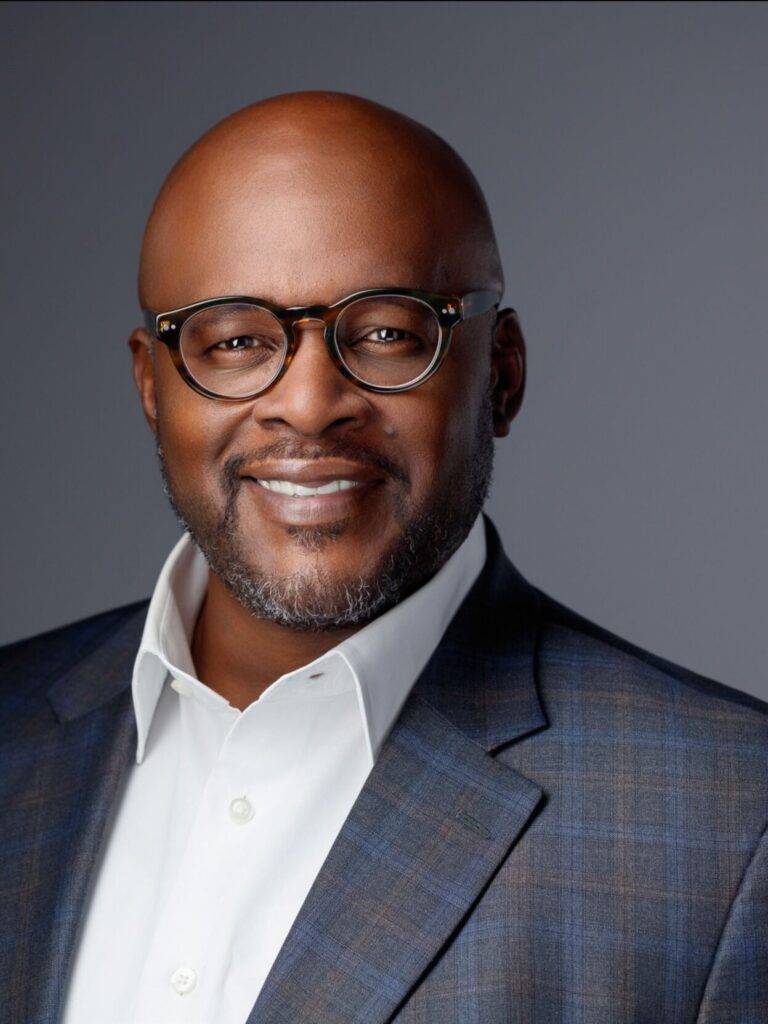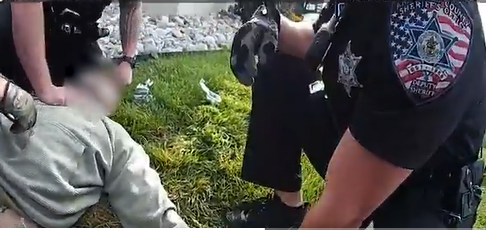Denver civilian law enforcement watchdog concerned with strengthening STAR’s community oversight

Screengrab via YouTube
Denver’s program designed to divert police away from non-violent situations has become a star of mayoral candidates’ platforms when they talk about a public safety system that balances armed police officers with community-based services.
But the city’s civilian law enforcement watchdog board has concerns about the relationship between the agency operating the Support Team Assisted Response (STAR) program and a committee meant to provide community oversight, according to an annual report filed last week.
Denver community leaders weigh in on mayor's race as city grapples with public safety woes
STAR launched in June 2020, and sends pairs of mental health clinicians and paramedics rather than police to low-level, non-violent calls that have more to do with issues such as homelessness, mental health and addiction. The teams also offer connections to crisis services. It has received continued funding from the city and Caring for Denver, expanded its reach and operating hours, and has been praised for its success in providing an alternative response to police.
But as the program expands, concerns linger that the voices of marginalized communities STAR is meant to help have increasingly been left out of the program’s operation. Denver’s Citizen Oversight Board (COB) pinpointed a breakdown in the relationship between a civilian advisory committee and the Denver Department of Public Health And Environment — which operates STAR — as one of its key concerns going forward in a presentation of its annual report Friday.
Tensions spilled over late last year when health department officials ended meetings between the department and the STAR Community Advisory Committee in September. The committee is comprised of mostly of people of color who represent service providers and community organizations that advocate for people most impacted by police misconduct. Members continued to meet informally, but a key pain point for its members has been that STAR does not have a mechanism for civilian oversight codified in the city’s charter or ordinance.
“When there is transparency and there is clear communication, there is a lot of ground to be gained and a lot of community trust to be built,” said the Citizen Oversight Board’s Vice Chair Nick Webber in the board’s presentation last week.
STAR community advisory committee hopes for more influence over program's operation
The COB, broadly speaking, oversees the Office of the Independent Monitor, keeps an eye on investigations into Denver’s safety officers from the police and Denver Sheriff’s Department, makes recommendations about discipline and policy to the city’s director of safety and monitors investigations of citizen complaints alleging safety officer misconduct.
The move by Denver’s health department to end the meetings with STAR’s oversight committee followed strain in the relationship between the agency and the committee when a city employee sent an email that members of the committee saw as racist. Regarding committee participation in health department officials’ plans to hire a STAR program manager, the department’s employee appeared to imply the hiring team did not feel “safe” with all members of the committee — which members took to mean she didn’t feel “safe” with people of color participating in the process.
Vinnie Cervantes, a member of the STAR Community Advisory Committee and organizing director of the Denver Alliance for Street Health Response, told the Denver Gazette that committee members met with the health department’s executive director Tuesday and made plans to resume meetings next week.
He wrote in a statement on behalf of the committee that ending the meetings between Denver Department of Health and Environment (DDPHE) and the committee shuts out voices from the Denver community that were instrumental to STAR’s creation.
“Omitting the community’s work and vision for STAR in discussions about it has the potential and likely consequence of leaving our community out as the program evolves under new city leadership,” said the committee’s statement. “This consequence is not only problematic for our community as a whole, but could also continue a historical pattern of the systemic silencing of our most marginalized community members, and those who are most impacted by the inequities in our city.”
Many of Denver’s mayoral candidates have praised the success of the STAR program in diverting calls away from responses by armed police officers. Candidate Lisa Calderón said in a news conference last week she supports expanding the program so it can operate around the clock.
City Council approved funding for STAR to operate citywide in January.
“Part of sharing power with the community is asking folks: ‘What do you want to be your priority in the city budget?’ We have heard loud and clear from constituents across the city that they want STAR expanded across the city and not just a few vans, and want it to run 24/7,” she said.
Another concern that remains for the Citizen Oversight Board includes severe understaffing in the Denver Sheriff’s Department. The department is staffed at about 65% of its authorized strength of 875 uniformed employees, according to the COB’s presentation. Webber said that leads to employees working long hours, exhaustion from that mandatory overtime, and limited programming and time out of cells for jail inmates. By contrast, the Denver Police Department has reached about a 95% staffing level of armed officers compared with its budgeted number.
“It’s just a very noticeable difference,” Webber said in his presentation.
“The sheriff comes to our meetings and lets us know that they’re making changes and moves to alleviate that, but that doesn’t change the difficulties that they are currently facing right now.”
What are the Denver mayoral candidates' public safety priorities? | DENVER VOTERS GUIDE















